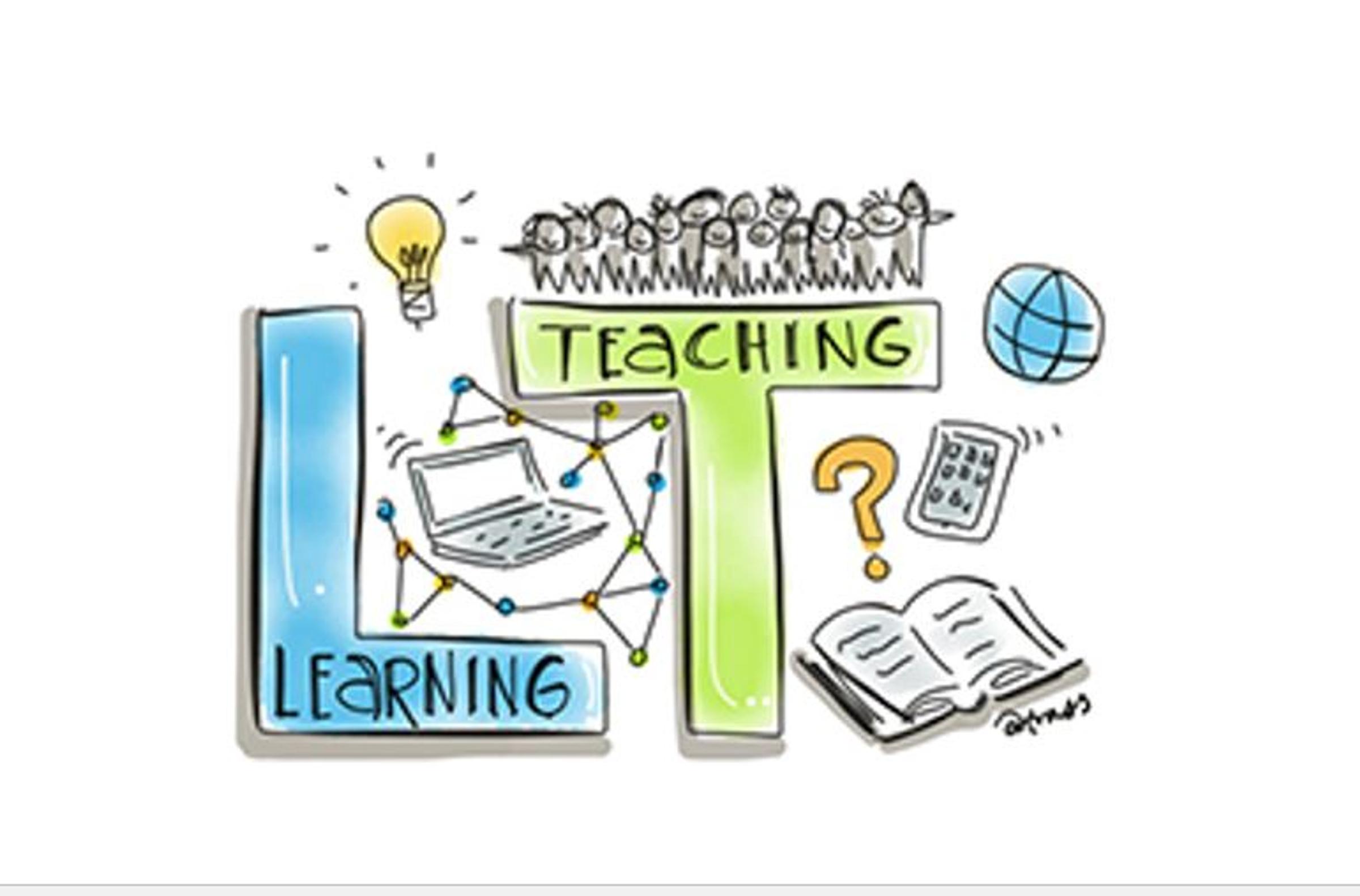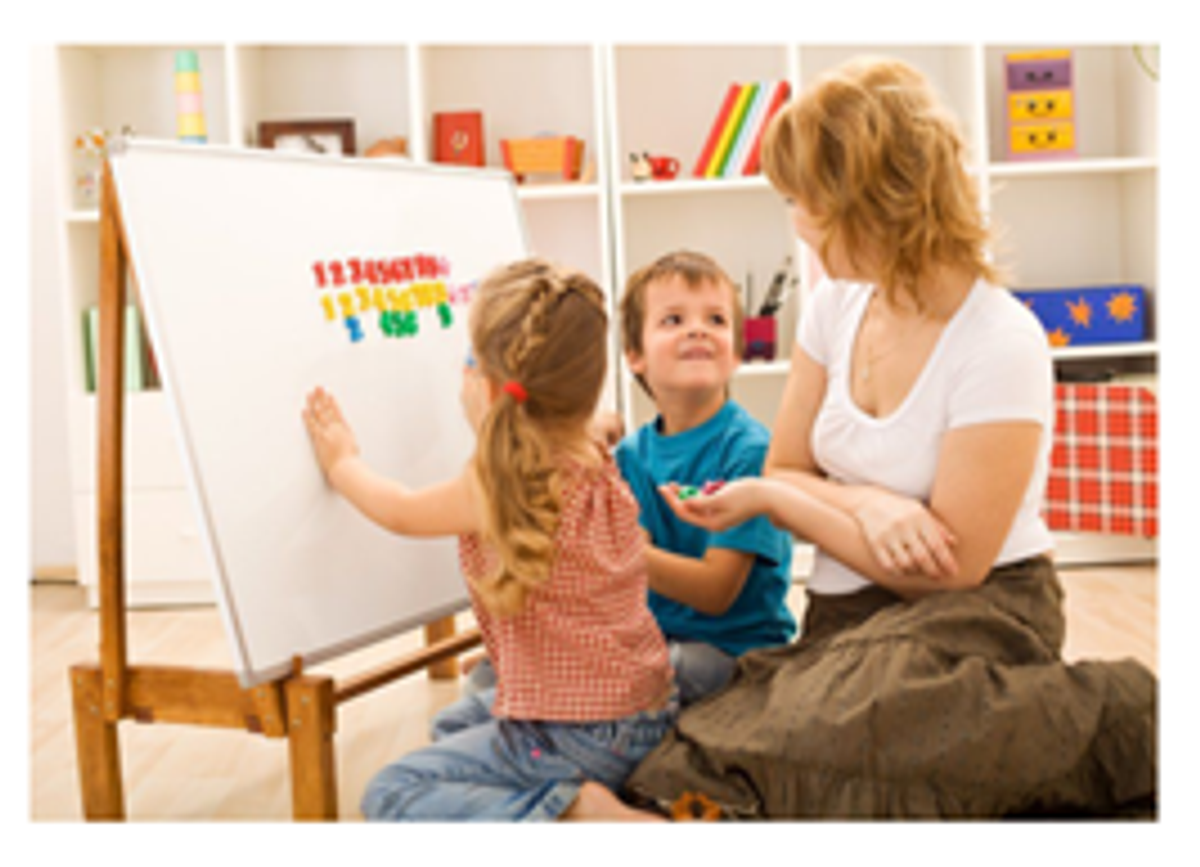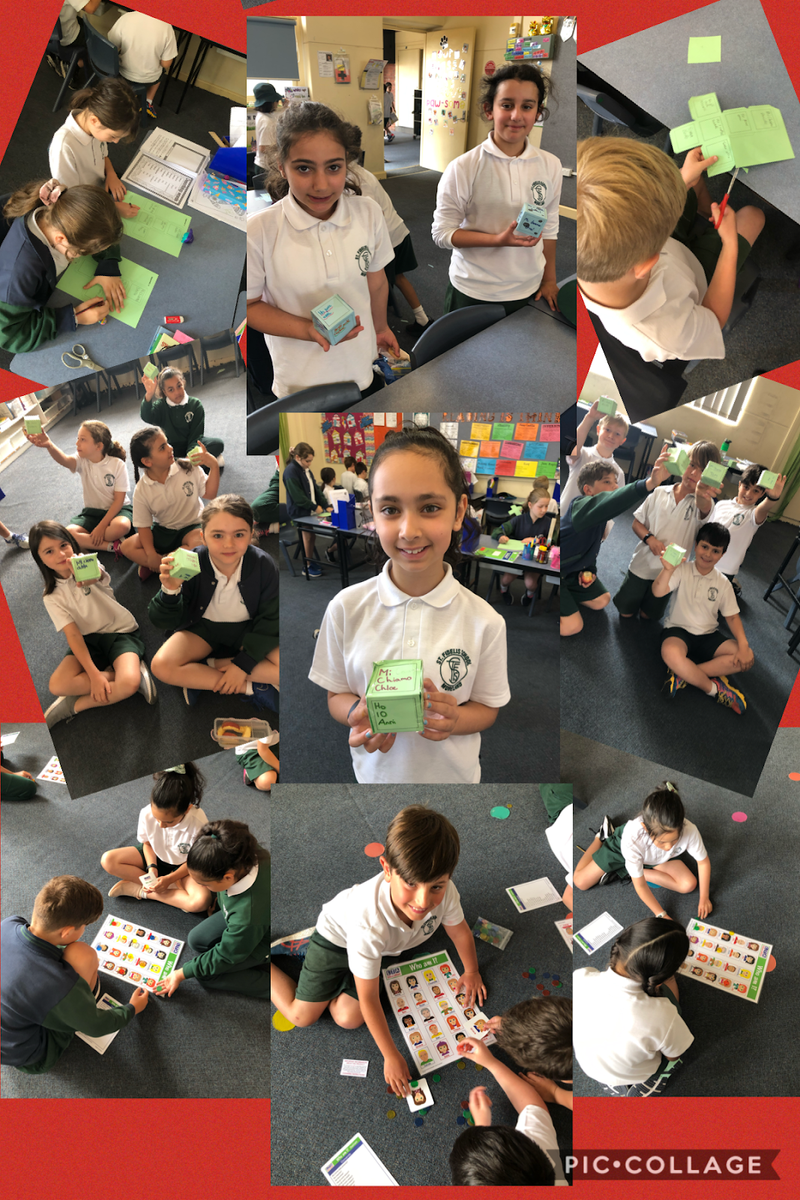Learning & Teaching
Learning and Teaching encompasses the following areas: Student Outcomes, Curriculum, Assessment, Reporting, Principles and Pedagogy.

Learning & Teaching
Learning and Teaching encompasses the following areas: Student Outcomes, Curriculum, Assessment, Reporting, Principles and Pedagogy.


Practising maths skills during school holidays
by Melbourne Child Psychology & School Psychology Services, Port Melbourne
School holidays are all about relaxing, enjoying a well-earned break and having a good time with family and friends.
But, believe it or not, school holidays can also be a great opportunity to practice maths skills with your child. Now I’m not talking about boring drill and practice maths exercises, which will just get your child AND yourself frustrated! I’m talking about making maths fun! 🙂
Here are some great ideas from a school teacher who is also a mathematician – lots of practical and fun activities you and your child will enjoy.
(at the end of Foundation students need to be able to count to and from 20 )
Discovering Shapes
Encourage your child to explore different shapes. How many sides does each shape have? How many angles? Is it similar to any other shape? Which one? Discuss the shape of common household and outdoor items.
Sorting
Sorting is an essential element of math reasoning. With young children you can start with real objects.
Counting
Counting can be practiced everywhere! At the park, kids can count trees, rocks, swings, etc. Kids can count food items at snack time (e.g. carrot sticks, grapes, apple pieces, crackers, etc.), they can count their items and yours. Ask questions such as: “Do we have the same? Who has more? How can we make it equal?” As an extension, before counting, ask your child to predict how many there are, then ask them how they predicted this.
Recognising Numbers
Everywhere we go, we see numbers.
Multimodal Learning
There are lots of apps and computer games available to teach math skills to young children in a fun way. Mathseeds is fun and engaging program for kids aged 3-6, and it is available for tablets and computers: http://mathseeds.com/
Victorian Curriculum expectations
Year 1- reading writing 2 digit numbers, tell the time to half-hour and o’clock
Year 2 - reading writing 3 digit numbers, tell the time to quarter hours
Year 3 - reading writing 4 digit numbers tell the time to the minute mark
Year 4 - reading writing 5 digit numbers solve problems with duration of time, they convert between units of time am/pm times
Year 5/6 – reading writing large numbers into millions 24 hour times, timetables.
Play the license plate game! This is an all-time favourite – there are so many variants to play it, your kids will never get bored in the car again! This is a great game as you can adapt the game to your child’s math level.
Board Games -
Playing games with the family is a great opportunity to practice math skills! There are so many different board games that involve math skills – these are some of my favourites:
Making Sense of Time - Making up a schedule for the day which includes the start and end time for each activity. Ask your kids to predict how long routine activities will take, such as a walk to the park, a drive to the local shops, etc.
Victorian Curriculum expectations
Year 5 - They explain plans for simple budgets. - they convert between 12 and 24 hour time
Year 6 - Students calculate a simple fraction of a quantity and calculate common percentage discounts on sale items, with and without the use of digital technology. Students interpret a variety of everyday timetables
Encourage your kids to buy wisely. For example, if you are planning on buying them a phone, ask them to explore different phone plans and show you which plan is the most economical and why.
When purchasing discounted clothing, ask them to tell you an estimated price before you buy it.
When at the grocery store, ask them to analyse different product costs and select the best options (e.g. look at the price of toilet paper per sheet rather than the price of the whole package). And ask them to predict the total to be paid while waiting at the register.
There are so many fun ways to practice maths during the holidays. Let me know how you practice maths skills with your kids in a fun way; I would love to know!


Salve! The last couple of weeks in Italiano the Year 3/4 students have been revising adjectives, (aggettivi) and how to describe themselves, including hair colour, (eg. ho i capelli biondi), eye colour, (eg. ho gli occhi azzurri) and personalities, (eg. Sono intelligente). They then made an identity cube (un cubo d’identità). If time permitted, they even got to play a game of Guess Who? (Indovina Chi Sono?) Bravi ragazzi! See below for some of their work in progress.
Alla prossima, (until next time).
Signora Rosa :)

